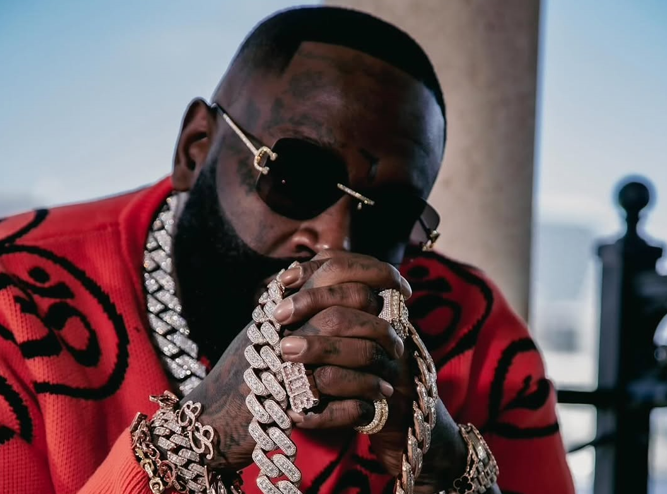Nairobi Governor-elect Johnson Sakaja has revealed that he spent a whopping Ksh15 million to pay poll agents in the August 9 general election.
In an interview with a local TV station on Tuesday night, the outspoken leader decried the complexity of the Kenyan electoral process saying it makes the exercise unnecessarily expensive for Kenyans seeking elective office.
The politician disclosed that he had a team of 3,643 agents who were stationed across polling stations in the city to guard his votes.
But he only managed to pay the agents for three days since the exercise took longer than expected.
For the extra days that were consumed by the vote tallying process, the outgoing Nairobi Senator said, friends volunteered and offered their services free of charge.
“We need to have an electronic transmission for our polls. I have just finished sorting out my agents. It cost me Ksh15 million. I had 3,643 agents for three days of work the rest ilikua kujitolea,” said Sakaja.
In addition to the poll agents, Sakaja said he had a total of 396 polling centre managers and mobilisers, who pushed his budget even higher.
Sakaja, who ran on a United Democratic Alliance (UDA) party ticket, garnered 699,392 votes to clinch the governor’s seat, while his main challenger Polycarp Igathe of the Jubilee party finished second with 573,516 votes.
Sakaja to honour campaign pledges
In the Tuesday interview, Sakaja promised to honour his pledges to city residents and improve their lives.
According to the governor-elect, the Nairobi Metropolitan Services (NMS) is ready to hand over key functions transferred to the national government during Mike Sonko’s reign.
“General Badi (NMS) is willing to hand over & we thank them for the work they have done. Their work is a cocktail of hits & misses; the heaps of garbage in the city is one of the things they were unable to do but they were able to build hospitals,” he said.
NMS was established in March 2020 with Major General Mohamed Badi at the helm.
The Badi-led team took over four key devolved functions including; health, transport, public works, utilities, planning and development dockets.









